Transnational cooperation in a pandemic situation, the story of Active Citizens network
Edited on
23 April 2021The Covid-19 profoundly shook the world. No one was at rest. Everyone had to learn new ways of living, new ways of working, new ways of communicating, new ways of socializing. And obviously, European level cooperation programmes such as URBACT had to completely review the way it was functioning. Indeed, Action Planning Networks (but not alone) mostly rely on what is called transnational exchanges, in other words, in city administration meeting with other city administrations from all over Europe. From Estonia to Portugal, from Germany to Romania, from Republic Czech to France or Italy, partners meet, exchange, learn from one another and experiment new paths towards implementing greater participatory democracy in local governance. The power and originality of such networks, not only rely on transnational exchanges but also rely on the field experience, on “seeing one another’s reality” on the ground. But, obviously, the Covid situation made these physical encounters and exchanges absolutely impossible. Therefore, and like everyone else, Active Citizens had to move from convivial, lively physical gatherings to very unstable and uncomfortable online meetings. Everyone had to learn fast and adapt quickly. No choice.

Keeping all partners engaged and motivated
The whole URBACT community had to reinvent its ways of working. URBACT had to transform its Summer University, originally planned in Croatia with 500 participants, into a digital University… and despite the hazardous move, met the challenge successfully. Active Citizens network, obviously, had to do the same, meaning, moving everything 100% online. The digital format kept the smiles and faces “alive”, but could not compete with the flavours of in-person expeditions in another country… No more smell, sound, or sight from one another’s city. Half bodies sitting behind a camera is all we could get. Of course, Active Citizens experimented a lot new ways of working online with the key objective of both keeping the work of exchange going as well as the pleasure of collaborating all together. If the first aspect is key and obvious, the second aspect is vital. Without pleasure, such transnational cooperation has no chance to survive on the long run. Active Citizens had to pursue the work as planned at the same time as making sure no one would jump off the boat along this digital journey. And we succeeded. For several reasons.
The first reason is that all partners had the chance, before the pandemic locked borders, to spend time all together, to meet in person, to build trust and close relations. Because this community was built before the lockdown, it was strong and tight when it had to move online. This played a critical role in the success of the digital cope. The second reason is that a great amount of energy and creativity was brought into the design of our digital meetings. Indeed, we needed to keep the fun and pleasure of working together even though we could only see each other’s faces and hear each other’s voices. We brought music into meetings, we brought jokes, we brought surprises, we brought games, in order to replicate and/or compensate what would naturally and spontaneously arise in real 2 to 3 day meetings. So far, this strategy has kept everyone’s energy high enough to keep being enthusiastic and motived about the challenging ongoing tasks within the Phase II journey of Active Citizens.
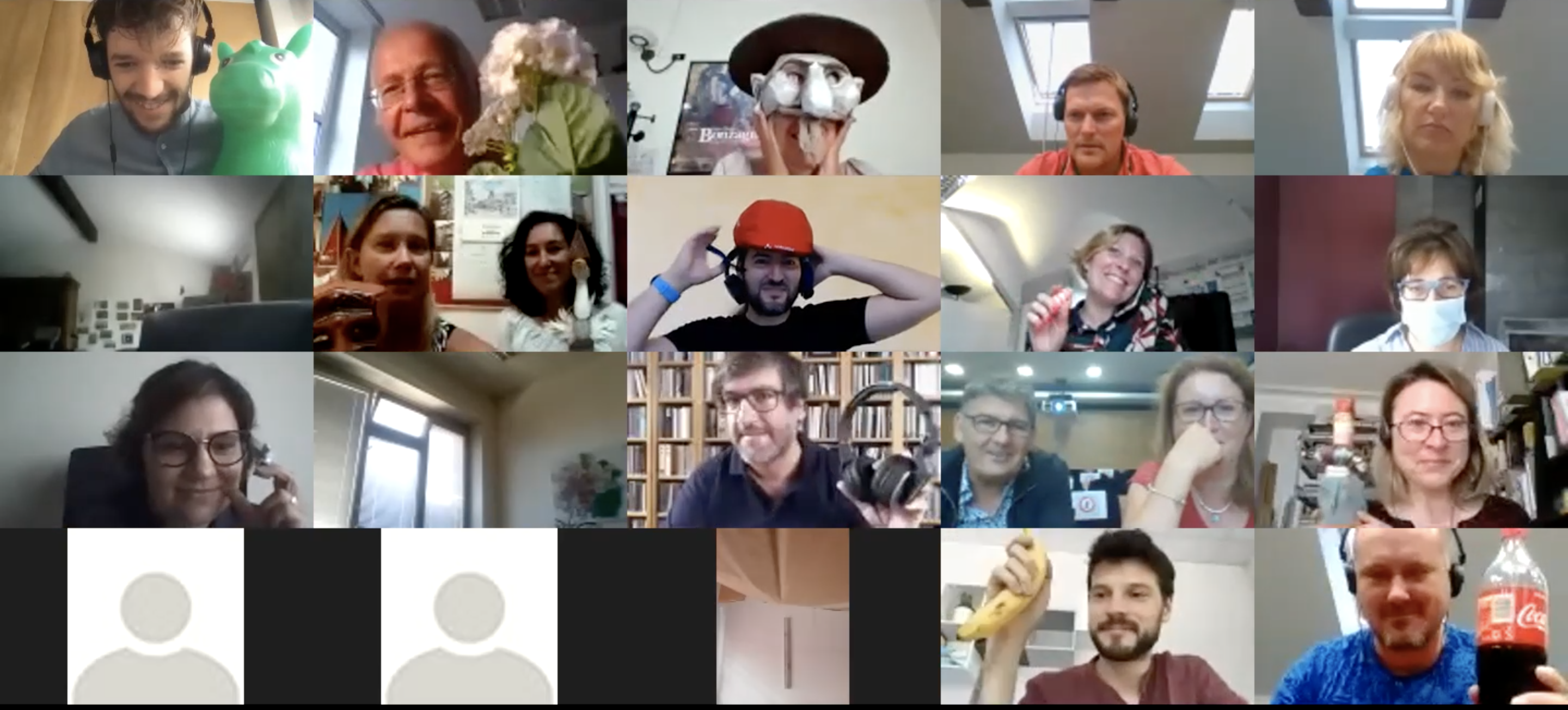
Keeping URBACT Local Groups (ULG) active
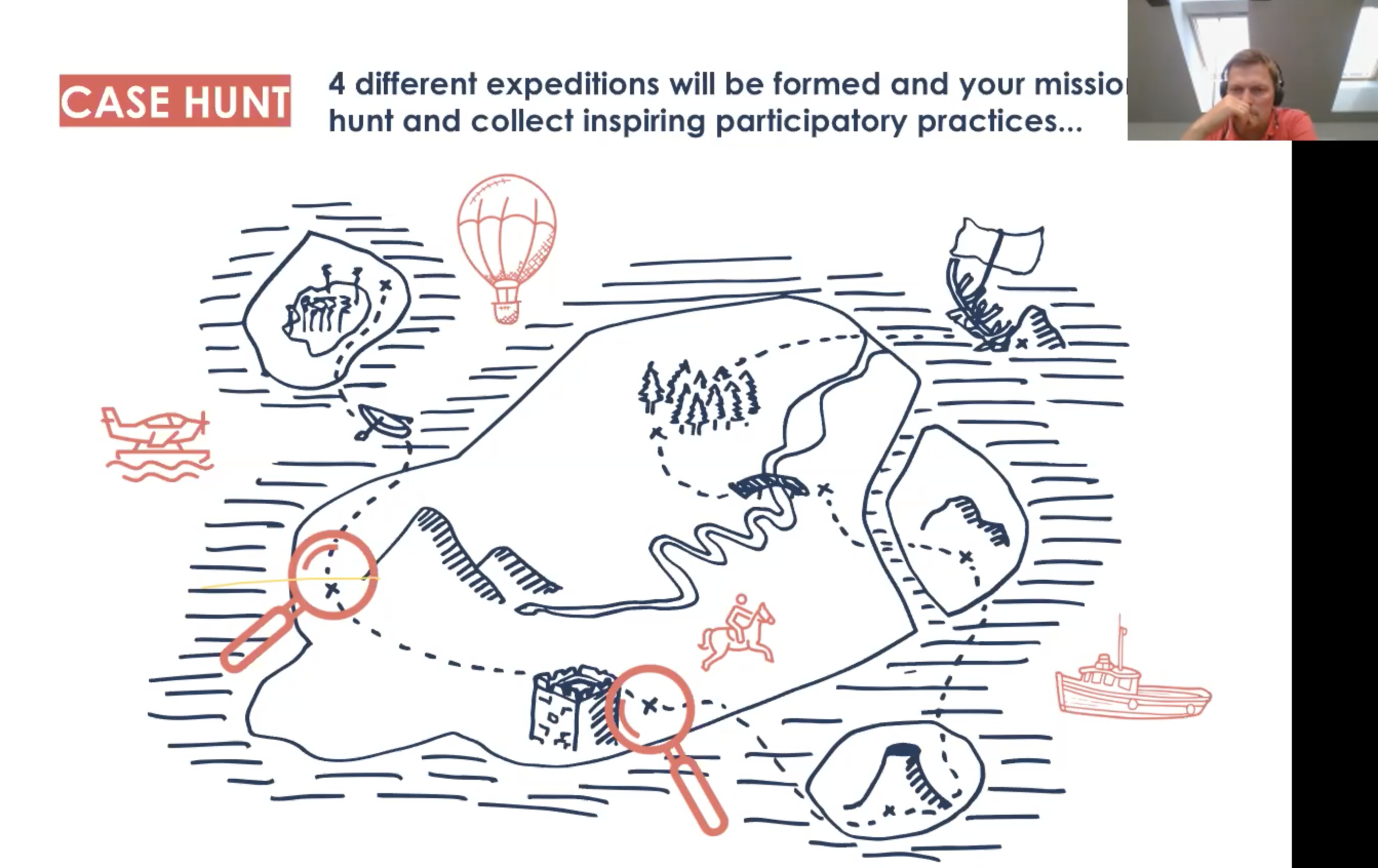 But besides the partner cities, the other big challenge is also to keep the different URBACT local groups (ULG) highly engaged and active in the local ongoing work. And clearly, this is hard. At least all cities agree on saying that they have a lot of difficulties in keeping everyone active and motivated in their ULG (URBACT Local Group). Yet, with a lot of effort, they all managed to keep meeting with them and moving forward with vision-building activities and IAP roadmap drafting… Due to Covid restrictions, most city partners had to also move their ULG online and, whereas in the network, partners are professionals, in the ULG, profiles of participants are a lot more diverse, especially in Active Citizens where we focus on participatory democracy and therefore count several citizens in the different ULGs. Some cities decided to move online and use both Zoom and Miro to keep the work going through digital cooperation tools, and other cities decided to keep physical meetings but with some “covid-restriction-friendly” adaptations : like breaking up the ULG group into smaller pieces and smaller meetings. Instead of gathering 15 people at once, they would gather 3 groups of 5 people each. Obviously, this strategy meant more organizational and logistics work… but allowed to keep the groups active, and this, was clearly, the top priority for every partner and whatever their ULG strategy.
But besides the partner cities, the other big challenge is also to keep the different URBACT local groups (ULG) highly engaged and active in the local ongoing work. And clearly, this is hard. At least all cities agree on saying that they have a lot of difficulties in keeping everyone active and motivated in their ULG (URBACT Local Group). Yet, with a lot of effort, they all managed to keep meeting with them and moving forward with vision-building activities and IAP roadmap drafting… Due to Covid restrictions, most city partners had to also move their ULG online and, whereas in the network, partners are professionals, in the ULG, profiles of participants are a lot more diverse, especially in Active Citizens where we focus on participatory democracy and therefore count several citizens in the different ULGs. Some cities decided to move online and use both Zoom and Miro to keep the work going through digital cooperation tools, and other cities decided to keep physical meetings but with some “covid-restriction-friendly” adaptations : like breaking up the ULG group into smaller pieces and smaller meetings. Instead of gathering 15 people at once, they would gather 3 groups of 5 people each. Obviously, this strategy meant more organizational and logistics work… but allowed to keep the groups active, and this, was clearly, the top priority for every partner and whatever their ULG strategy.
In Active Citizens, in order to keep the ULGs engaged and motivated, we also put in place a strategy in which creativity would be at the core of the local activities. Concretely, we’ve asked every partner city to conduct a visioning activity in which they would define “what they want to achieve, what they dream of”, through their IAP, in terms of participatory democracy. City partners were not only asked to build future narratives and stories but also to visualize them, or in other words, to “incarnate” their visions by drawing, filming, illustrating, recording their visions into fictional press articles, fictional TV news, fictional testimonials, fake reportage, fictional interviews, fictional sketches, etc. The demand was ambitious, the result astonishing. Some cities made comedy-like sketches replicating national tv comedy shows (like Camera Café in Agen, France), some asked their real elected officials to do a fictional interview from the future in a real local TV news (Tartu Municipality, Saint Quentin), some made fictional newspaper edition from the future (Santa Maria Da Feira), some made 100% fictional TV news using green screen (Dinslaken), some made illustrated scenarios (Cento), etc. The results of the visioning activity will soon be published online, keep an eye on the Active Citizens' page!
All partners confirmed that this creative hands-on process really energized their ULG as things became a bit more concrete and tangible. And this movement will be even reinforced in the next couple of weeks and months with Ideation activities and first series of Small Scale Actions.
A call for empathy, pragmatism and ingenuity
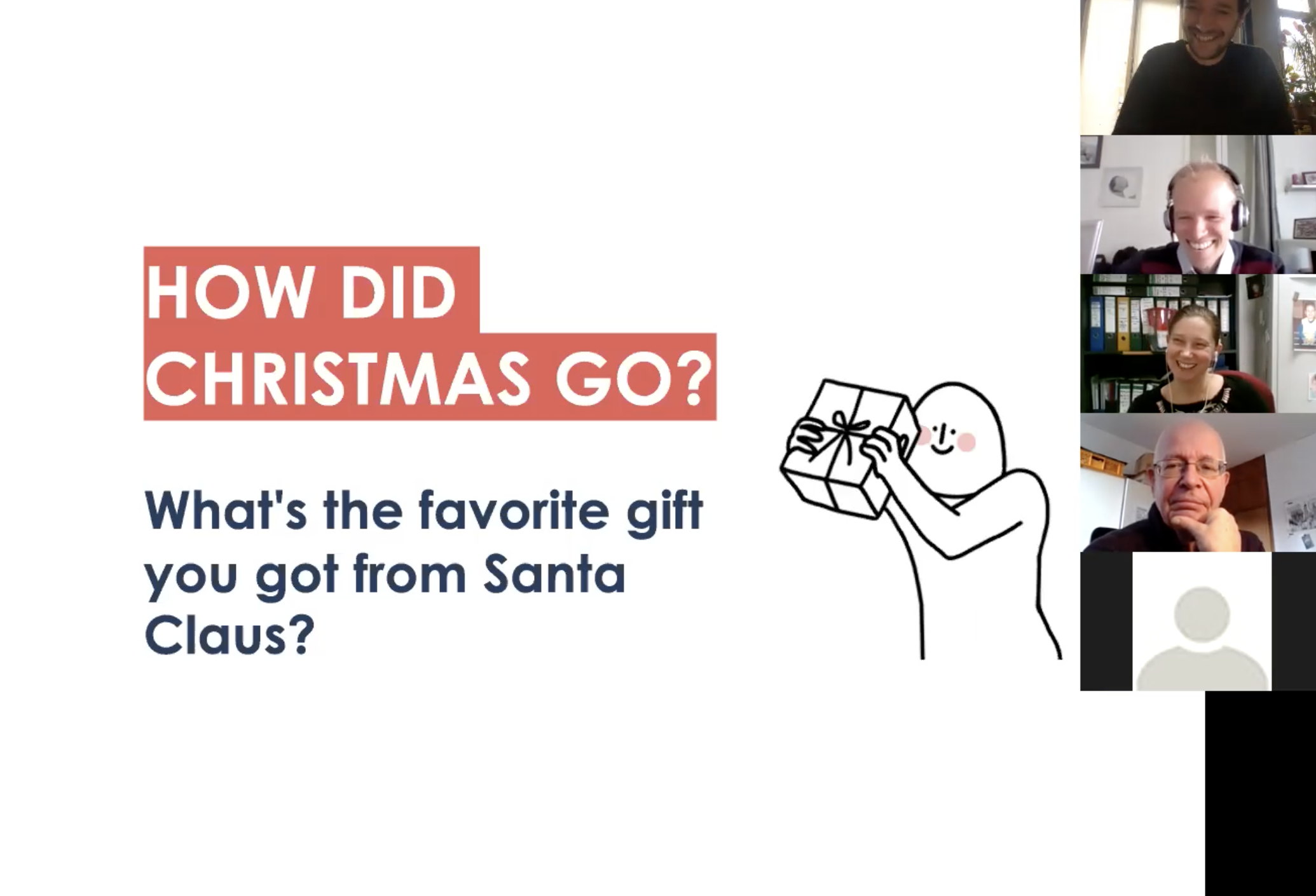 The pandemic situation has deeply transformed the way we all work. No more traveling, no more field trips, no more workshops, no more restaurants, no more discovery of new places, etc. We're all, more or less, just stuck behind our screens on Zoom, Teams, Meet, Gotomeeting, Starleaf, etc. And the global morale of the troops are not at the top. This is to be taken in consideration. We can not expect from everyone, partners, stakeholders, ULG members, colleagues, etc. to be all at their best. Some have their kids running around their house while doing a meeting on Zoom, some don't master Miro and other online collaborative tools yet, some are in quarantine because of covid, while some are mourning recent losses, etc. The situation therefore calls for empathy, pragmatism and ingeniuty.
The pandemic situation has deeply transformed the way we all work. No more traveling, no more field trips, no more workshops, no more restaurants, no more discovery of new places, etc. We're all, more or less, just stuck behind our screens on Zoom, Teams, Meet, Gotomeeting, Starleaf, etc. And the global morale of the troops are not at the top. This is to be taken in consideration. We can not expect from everyone, partners, stakeholders, ULG members, colleagues, etc. to be all at their best. Some have their kids running around their house while doing a meeting on Zoom, some don't master Miro and other online collaborative tools yet, some are in quarantine because of covid, while some are mourning recent losses, etc. The situation therefore calls for empathy, pragmatism and ingeniuty.
We need to understand individual constraints while at the same time come up with realistic and acceptable alternatives to keep the work going. We can not be too demanding or hard on partners. We need to be ingenious: having one to one exchanges, breaking ULG in smaller groups, sequencing meetings into shorter length exchanges, mixing online meetings with email feedback, using whatsapp for quick and light message feedbacks, etc. And finally, caring for one another. This means taking news from everyone, checking on people to see how they are doing, etc. In Active Citizens, for example, the Lead Partner and Lead Expert took the time to phone individually every city partner to check up on them (outside online Transnational Meetings) and see if things were going well locally, if they needed help, support. Every phone call, every little message can be revigorating and reassuring... and confort people. Just as a good friend would do.
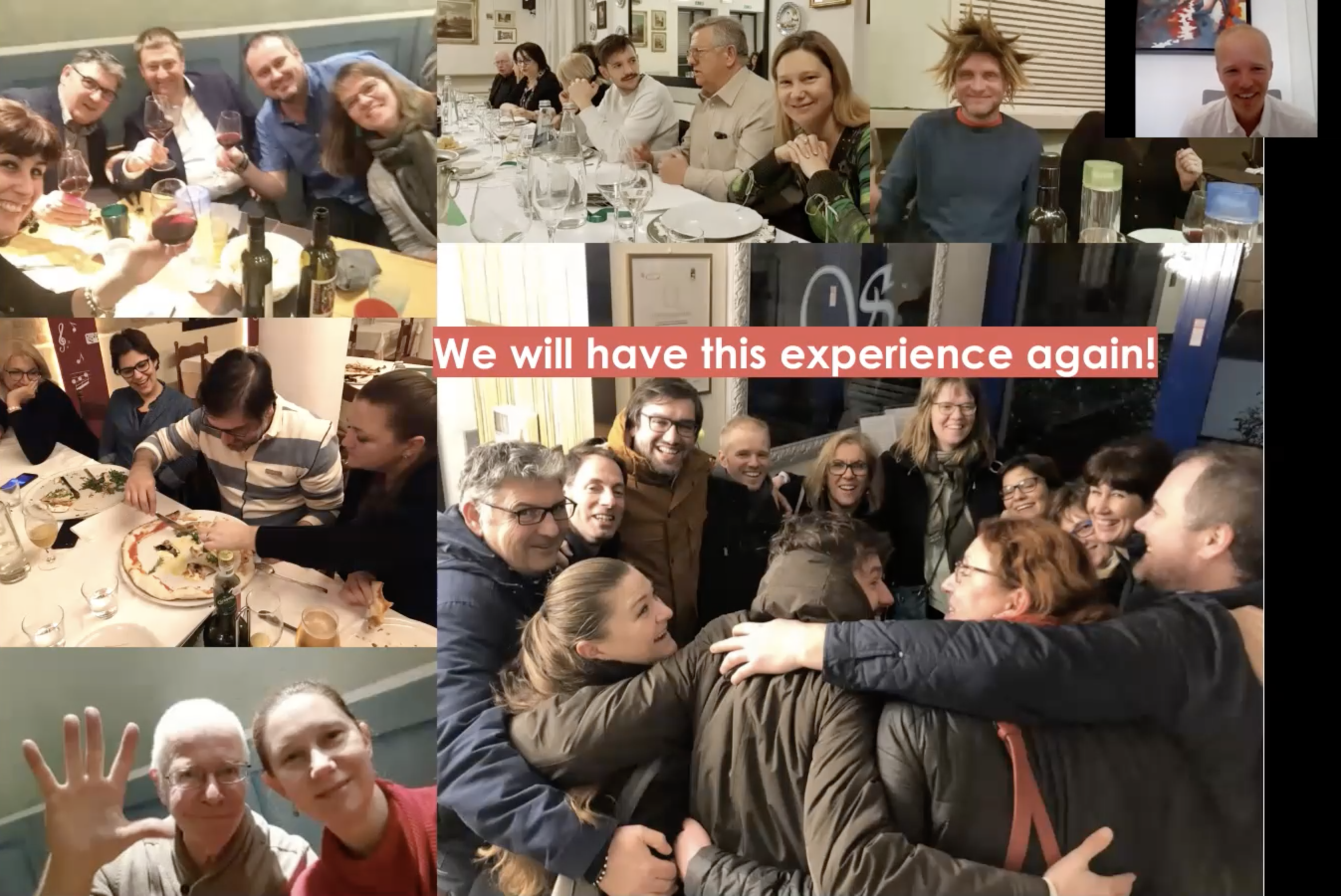
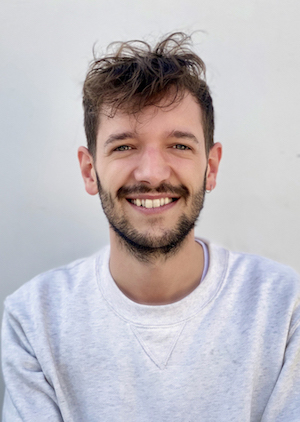 Submitted by Christophe Gouache on
Submitted by Christophe Gouache on
